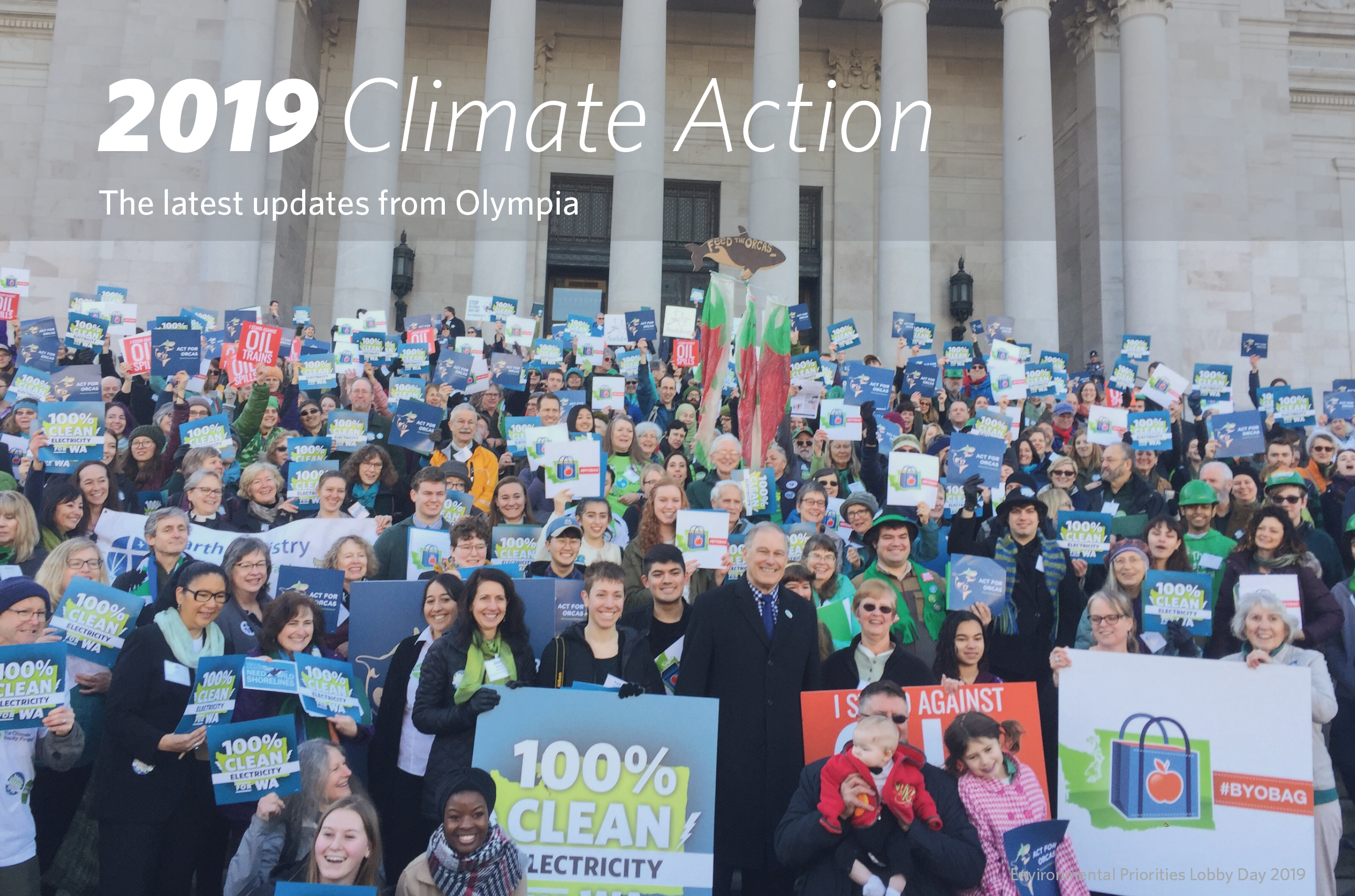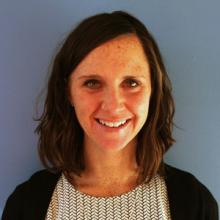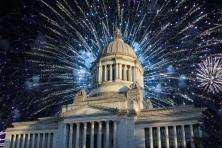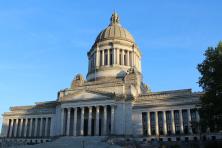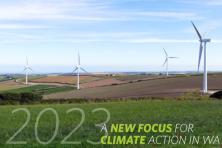The most recent National Climate Assessment shows that climate change is not a far-reaching future of possible devastating impacts–extreme weather, dangerous wildfire seasons, and flood risk are increasingly common today. We are experiencing those “future” impacts right now and we need strong policy action to address these issues.
Good news from the policy team! For the first time in my memory—and maybe ever—climate change is a top priority for the Washington Legislature. There are multiple landmark climate policies moving forward— we have already had over ten hearings focused on climate change with our four priority bills alone. The momentum is strong, and the stakes are high. Here’s a snapshot of where we are so far.
100% Clean Electricity
As our homes, commercial buildings, and transportation options continue to transition off fossil fuels and onto the grid, we need to ensure that our electricity comes from clean, renewable energy. We’re uniquely positioned in Washington to achieve a 100% clean electric grid (almost 75% of our power is already fossil-free!). We have the opportunity to join more than 90 cities nationwide, iconic WA businesses like REI, Microsoft and Starbucks, and the states of California and Hawaii in committing to a full transition to 100% clean electricity.
What’s happening now?
The 100% Clean Electricity bill is a top priority in the legislature—not just a top climate priority, but one of the top priorities this year in general. Senate and House versions—SB 5116 and HB 1211—are moving swiftly through the legislative process; both bills have passed through their respective policy and fiscal committees. The next stop is the heading to the floor for a vote in both chambers. We expect a floor vote in the Senate as early as next week, and in two weeks in the House.
Clean Fuels
Transportation fuels like gasoline and diesel are our biggest source of emissions in Washington, responsible for nearly half of our climate and air pollution. Increasing the use of electricity and renewable fuels (like locally made biodiesel and renewable natural gas) to fuel our transportation system is critical to reducing our reliance on foreign oil and improving air quality and public health. By requiring a 20% reduction in the carbon intensity of fuels by 2035, a Clean Fuel Standard in Washington will do just that.
What’s happening now?
HB 1110 and SB 5412 have gained tremendous momentum, passing out of the House Environment and Transportation Committees with strong majorities. HB 1110 had its final committee hearing on Thursday Feb 21, after which we expect it to move to a House floor vote in early March. We’ve been excited by the amount of coverage on how this policy will increase economic development, job growth, and electric vehicle use statewide. Read more on job growth from clean fuels here.
Clean Buildings
Did you know buildings account for 27% of Washington’s total greenhouse gas emissions? Proposed legislation on Clean Buildings will reduce emissions while increasing comfort and energy efficiency in our homes and workplaces. This policy is an opportunity to build smarter and better. Highlights of this jam-packed legislation include efficiency incentives and standards for large commercial buildings, natural gas conservation standards and guidelines for procurement of renewable natural gas for utilities, and a requirement for new large buildings to be EV-ready.
What’s happening now?
SB 5293 and HB 1257 are both moving through the committee process. They have both moved out of the respective Energy and Environment Committees and are awaiting action in the fiscal committees. We expect forward movement in the House next week.
Health Environment for All Act (HEAL Act)
Climate change threatens us all, but disproportionately so for low-income communities, the urban poor, and communities of color. The HEAL Act will commit state agencies to adopt a mission of environmental justice and requires them to use environmental health disparity data to inform decisions around enforcement, investments, and policy. This bill, forwarded by our partners at Front & Centered, will be the first of its kind in Washington and ensures the benefits of a clean energy economy are shared equitably by all.
What’s happening now?
SB 5489 and HB 2009 are widely supported, with nearly a third of all legislators signing onto the bills as sponsors. The House version was voted out of the State Government & Tribal Relations Committee and SB 5489 was voted out of the Energy and Environment Committee, both earlier this week. They now await a public hearing in their fiscal committees, which we hope is scheduled for next week!
